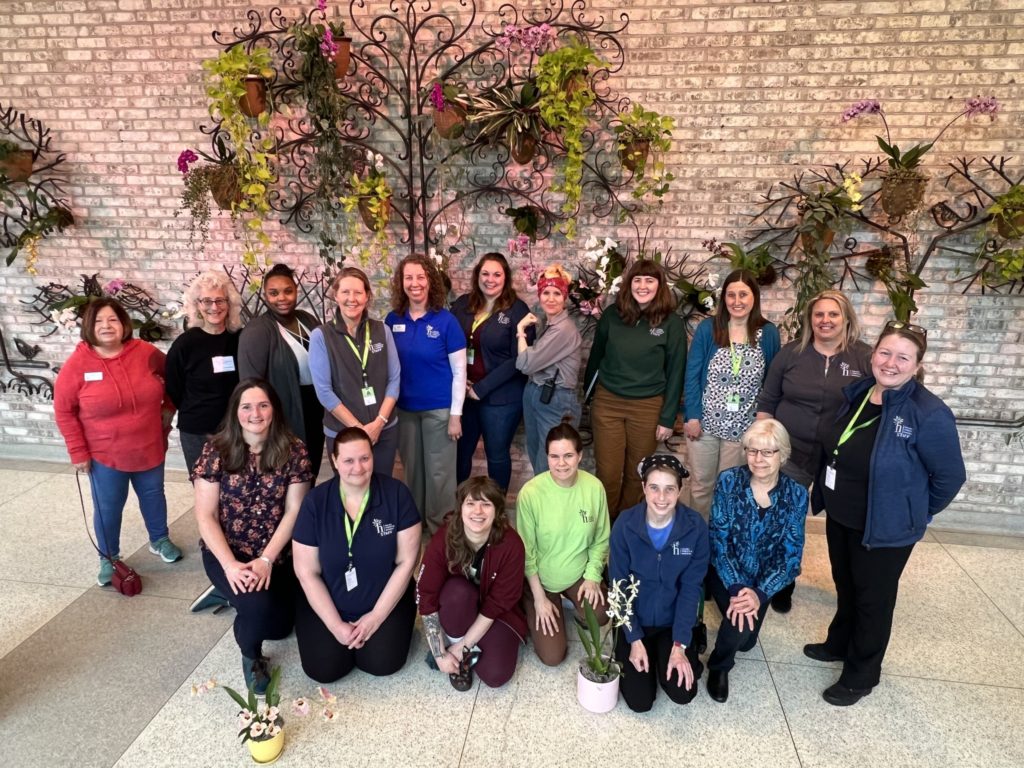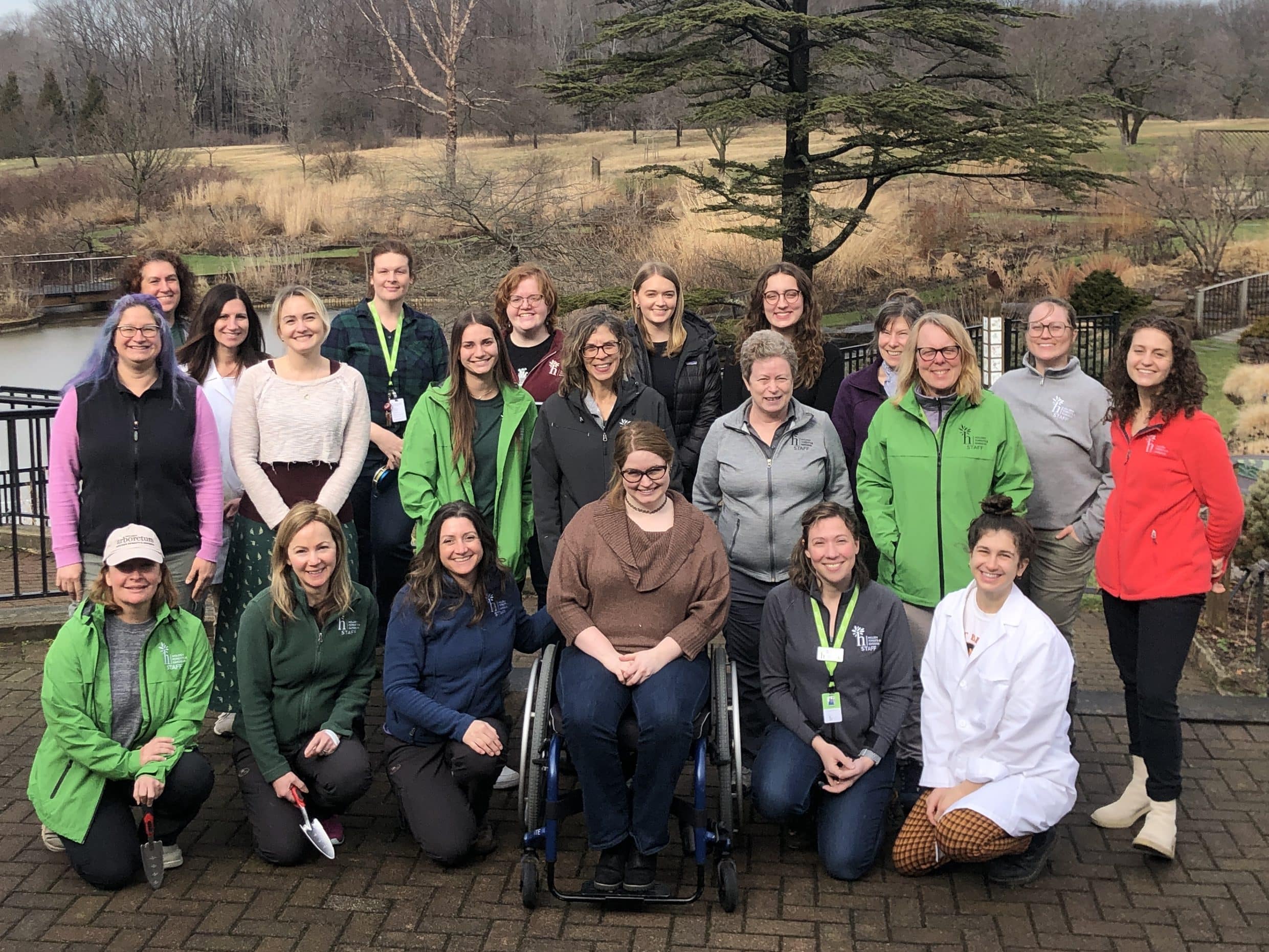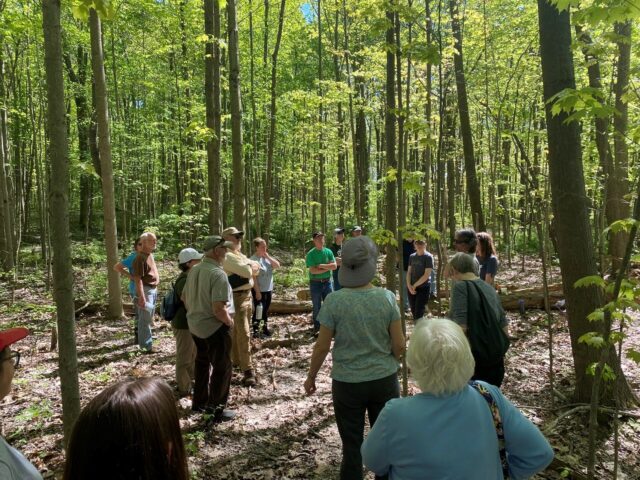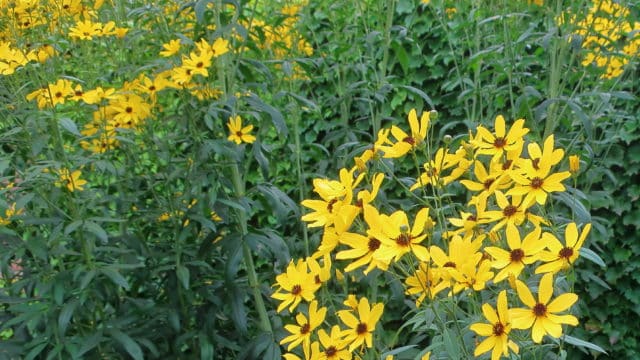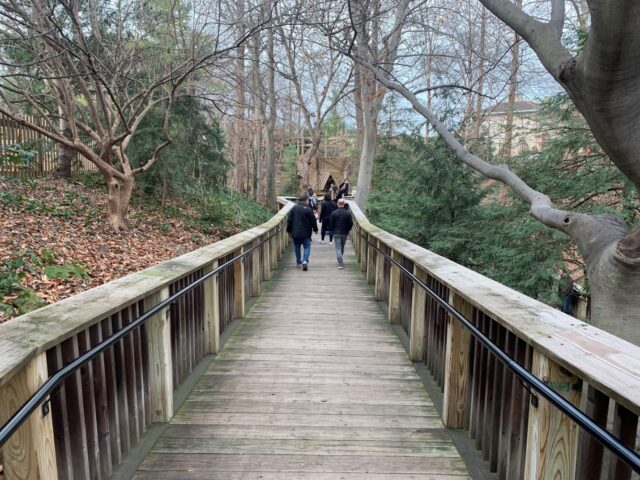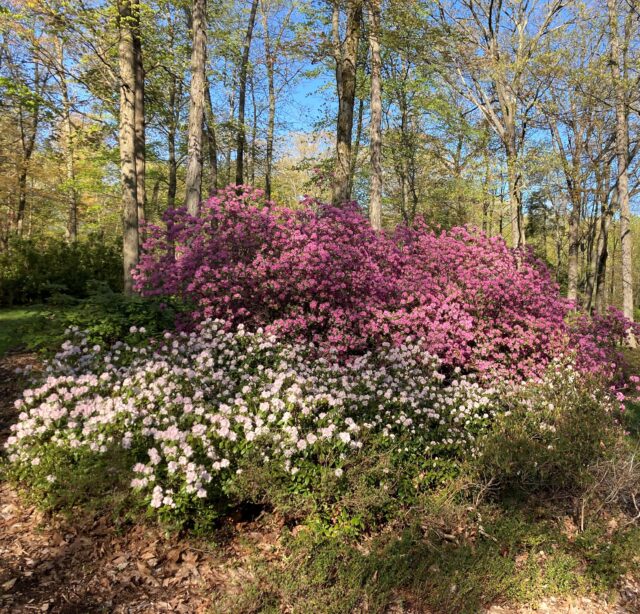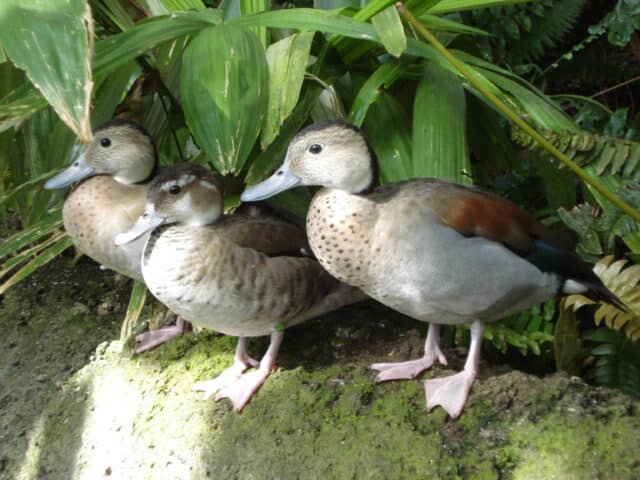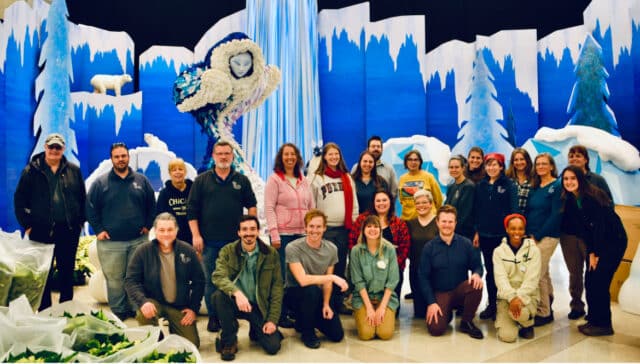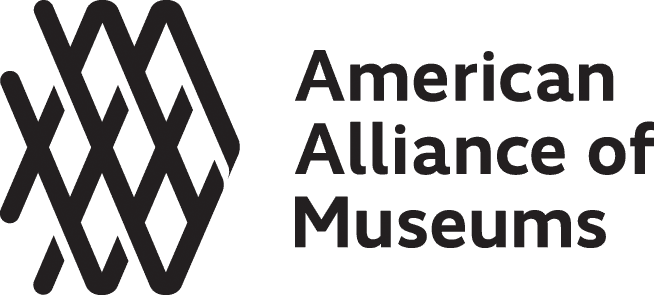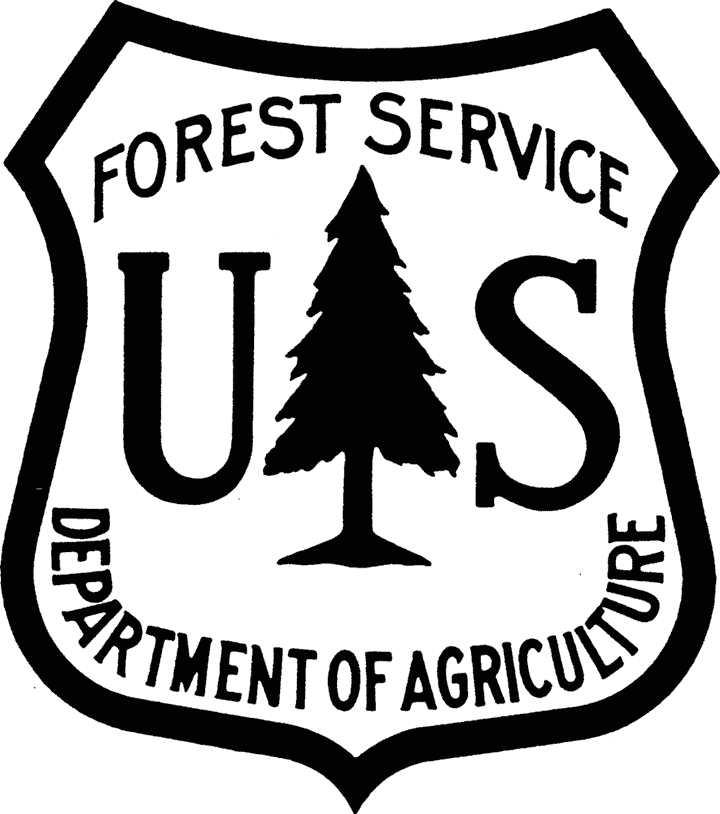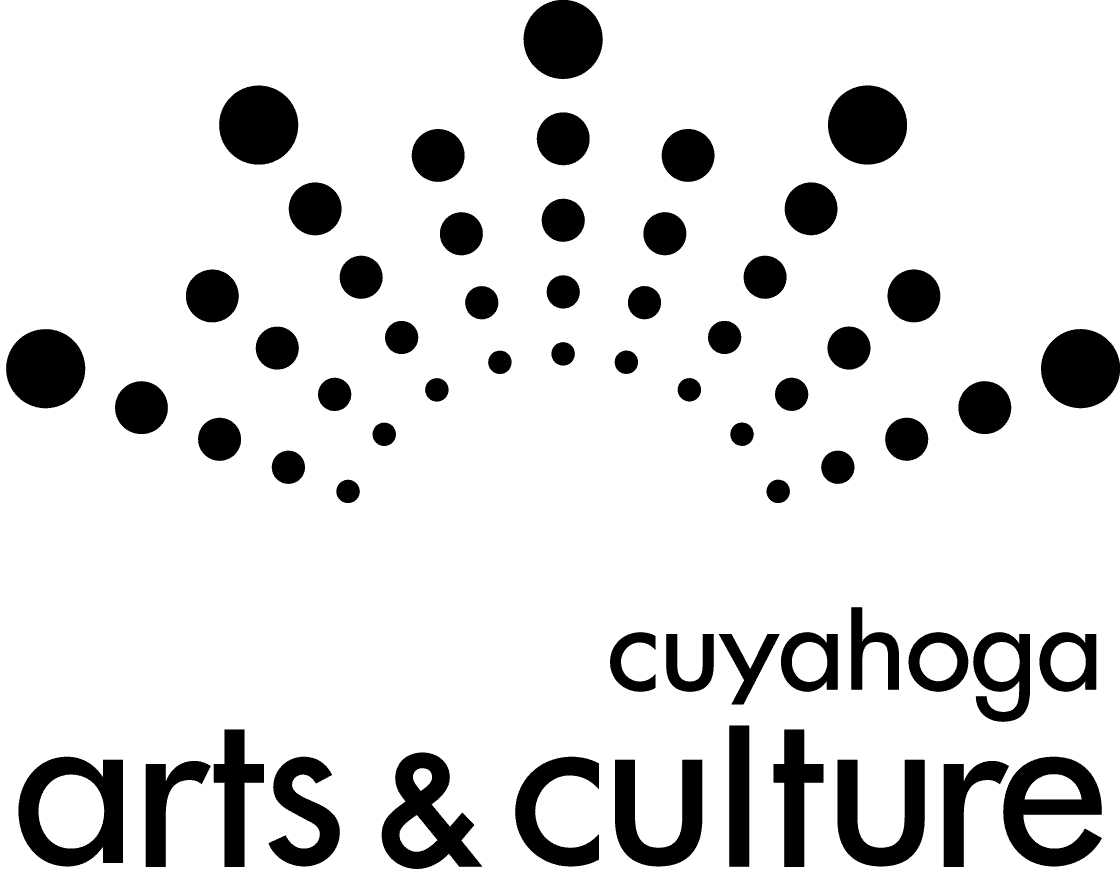Celebrating International Day of Women and Girls in Science
February 10, 2023
February 11th is the UN’s International Day of Women and Girls in Science. In honor of this special day, we had a Q&A with some of our favorite Holden Forests & Gardens staff members to reveal how they got into the science field and what advice they have for the younger generation.
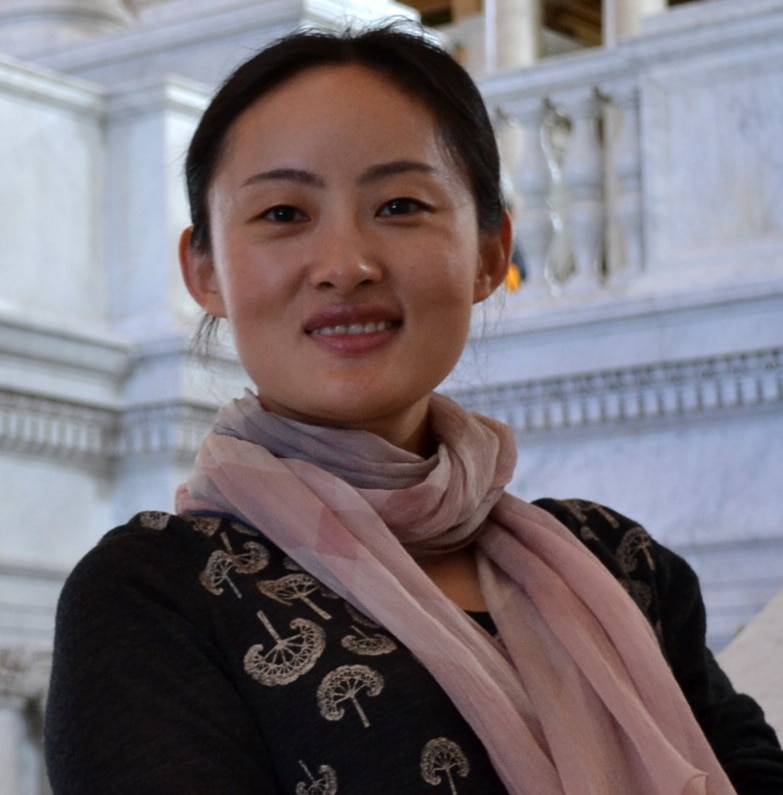
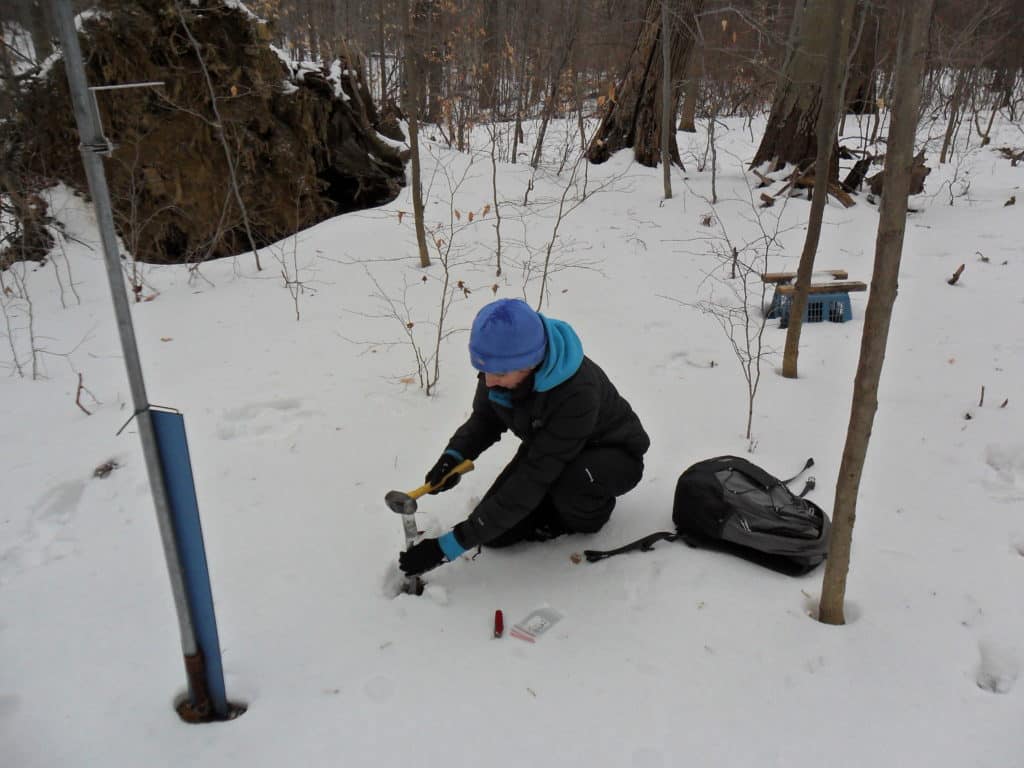
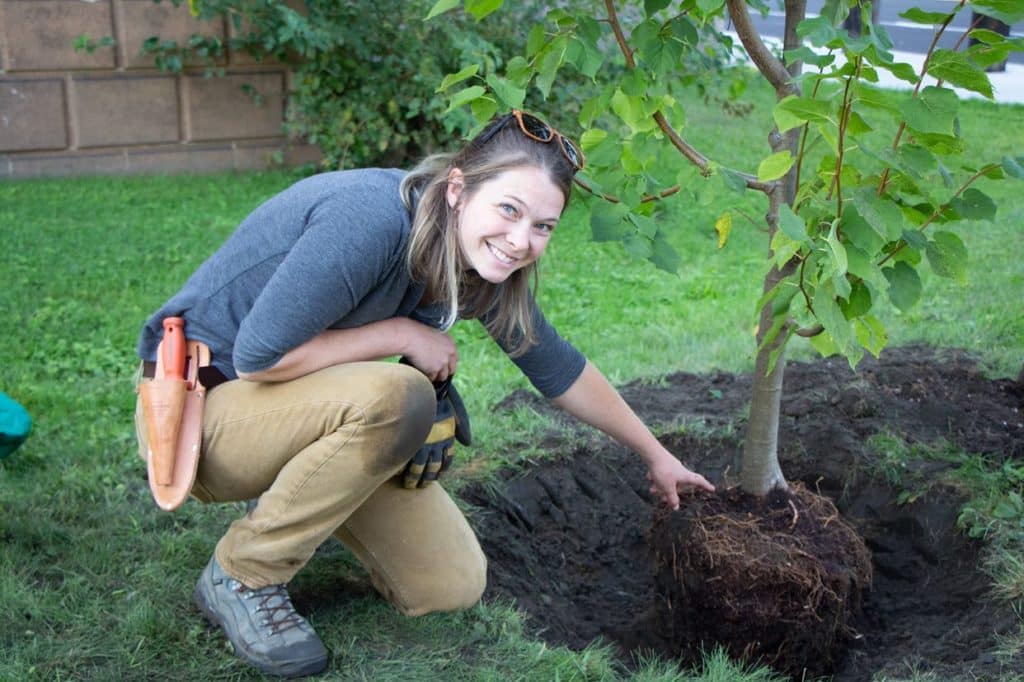
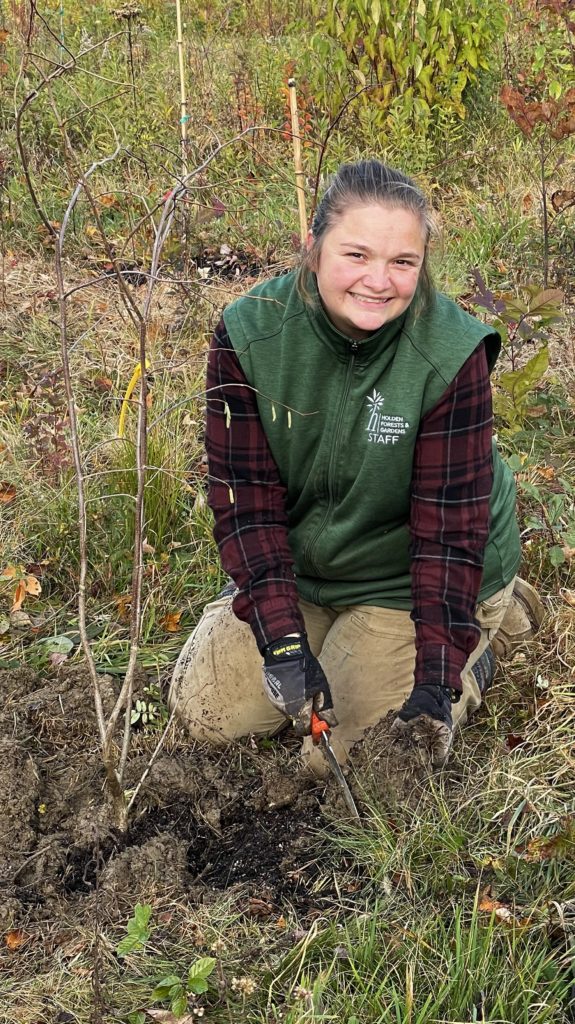
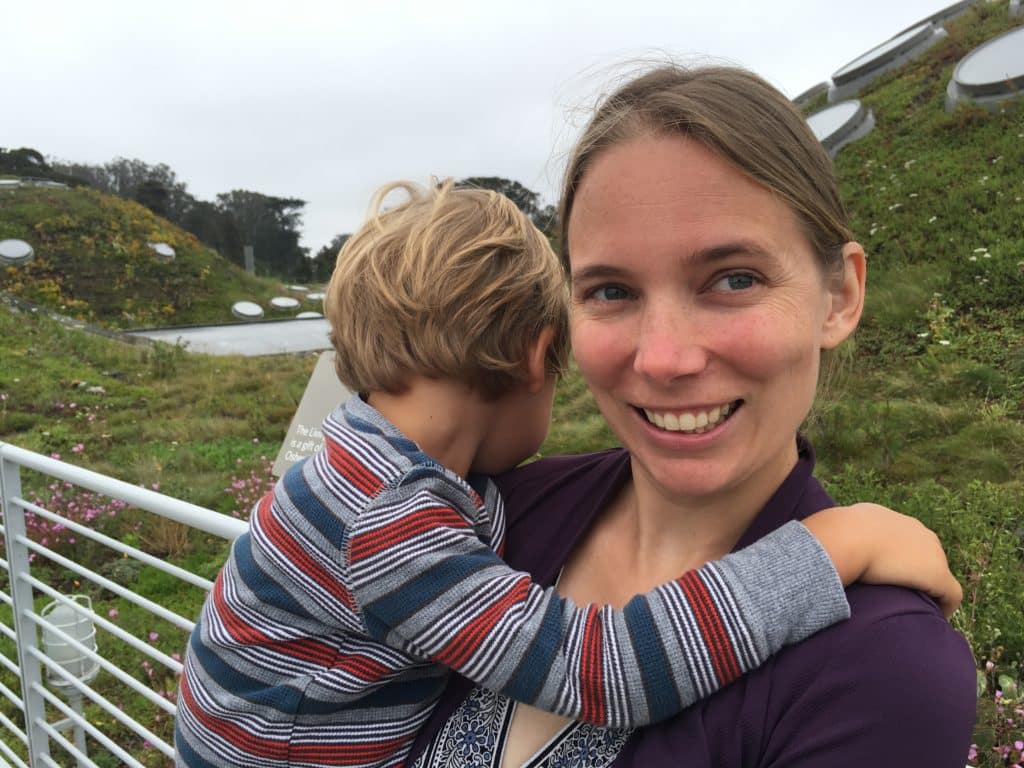
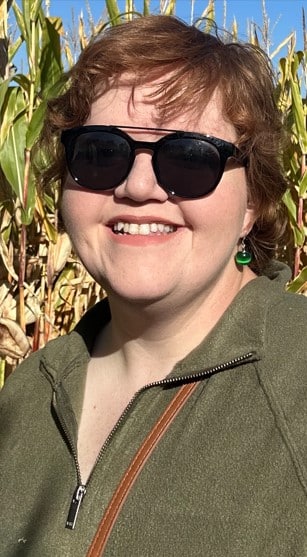
Question 1: What is one thing about your job that gets you excited to work in the field of science?
Na Wei: The truth is everyone is a scientist, although many may not choose science as profession. Being a professional scientist allows me to decipher the mysteries in nature and our daily life in a very rigorous manner.
Sarah Kyker: Scientists get to make discoveries all the time! Some discoveries are big; most are small; but all are fun!! It’s the best part of the job!
Jessica Miller: When I interact with forests and trees during my job, I am surrounded by endless questions: Why do the trillium grow here in the forest and not there? How much does organic content of soil matter for the thriving of trees growing in urban soils? What effect will changing climate have on sugar maple tree sap production?
These questions energize me, and my background in science gives me a way to ask and live with questions… It’s not always about answers; the scientific process often allows questions to drive deeper relationship and fuller understanding. Science is the perfect place to work for the curious person. Plus, I get to work with a lot of other curious (and incredibly intelligent and passionate) people.
Becah Troutman: As a Natural Areas Biologist, every day is different for me, so- I am never bored. I also have the opportunity to make interesting observations in our natural areas and ask questions to find out more!
Katie Stuble: I get to use Holden’s amazing natural areas to understand what makes forests resilient. And I get to work with an amazing group of people while I’m doing it; including some really incredible interns and graduate students.
Amanda Wood: I love working with a variety of people who care for their community and environment. Along with that, it’s great to apply the theoretical theories into practice which makes my job fun and exciting.
Question 2: What inspired you to go into the field of science and what advice do you have for young people looking to get into a career in science?
Na Wei: Becoming a teacher was the reason that motivated me to choose science. Now I am a scientist mentoring middle/high school students and teachers, undergraduate and graduate students. Women are underrepresented in science, and we really need you–girl scientists!
Sarah Kyker: I was inspired to go into the field of science way back in 6th grade when I learned about destruction of the Earth’s rainforests. Ever since then, I wanted to study forests and help with conservation. I feel lucky every day that I get to conduct research on forests right here in Northeastern Ohio! My advice for any young people looking for a career in science is to first, stay curious, and second, keep going when something doesn’t work. When something doesn’t work out the way I planned, it’s important to take a step back and think about the things I did learn.
Jessica Miller: Wonder, beauty, and (as I mentioned previously) curiosity inspired me to go into science. Not to mention my big sister, who in her own professional and educational journey in science demonstrated to me that affection, delight, and spirituality can be as much a part of scientific practice as the hard, factual stuff. For those who are interested in a career in science, I’d advise for them to continually cultivate a connection to their own inspiration and curiosities, because that relationship to why you are asking scientific questions will fuel you when you are discouraged by the big, thorny issues of our time. Additionally, seek ways of understanding (poetic, recreational, indigenous) in your subject area that can come alongside your scientific study—rather than distract or detract, different ways of understanding bring depth and life to scientific thinking.
Becah Troutman: From a young age, I was always playing and exploring outside with my family and friends. I loved (and still love) being outdoors and discovering new things and I followed that passion through school. My advice for young folks (science or not) is to follow your passion and be persistent. Getting your dream job is a bit about luck. However, the definition of luck I prefer is “Luck is what happens when preparation meets opportunity”-Seneca.
Katie Stuble: I love the process of experimentation and exploration. It’s fun to encounter a problem that no one knows the answer to, and work through how to solve it. Children are natural scientists, constantly exploring the world and asking great questions! Techniques can be learned, but that curiosity is really the base of good science and kids have it in abundance.
Amanda Wood: When I was in college, I wanted to originally be a high school science teacher. I learned that there were ways to still be in science but educate and engage with others that made me pursue biology as my main degree. The great thing about science is that there are many different focuses and avenues to explore! I encourage those who think that there is no way to mix two seemingly different focuses or career paths to think outside the box.
